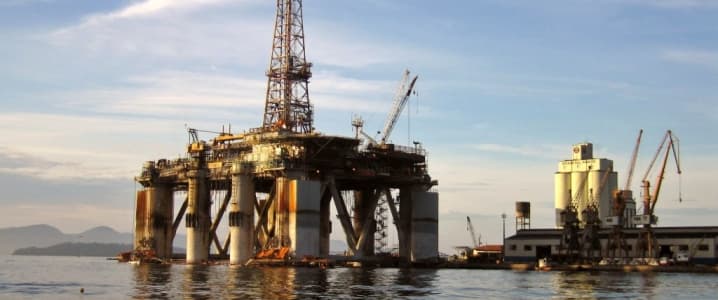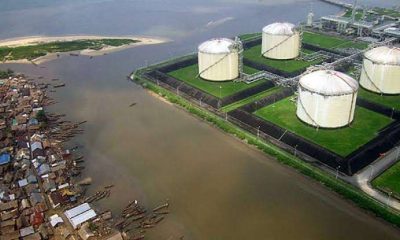Business
Oil to remain world’s dominant energy source for next 50 years – Lokpobiri

Nigeria’s Minister of State for Petroleum Resources (Oil), Heineken Lokpobiri, has said crude oil will remain the dominant source of global energy supply for at least the next half-century, despite growing conversations around energy transition.
Speaking at the Petroleum and Natural Gas Senior Staff Association of Nigeria (PENGASSAN) Energy and Labour Summit in Abuja on Wednesday, Lokpobiri said a recent meeting at the OPEC headquarters in Vienna showed consensus among ministers and experts from 27 countries that oil will continue to play a central role in powering the world economy.
“By the end of our engagements, the finding was clear: oil will still be the dominant energy source for the next 50 years,” Lokpobiri said. “Even the countries telling us to slow down are not slowing down themselves. The United States produces over 20 million barrels daily, Europe and China are all ramping up production.”
The minister argued that while Nigeria has taken significant steps on energy transition, including gas flare penalties, a climate change law, and legislation on cleaner exploration, the country and Africa as a whole remain victims of a crisis they did not cause.
“The entire African continent contributes only 3 percent of global emissions, yet we are pressured to cut back. Meanwhile, the United Kingdom alone contributes 4.3 percent, and all OPEC countries combined account for about 4 percent. We should not run faster than those who created the problem,” he stated.
On domestic issues, Lokpobiri warned that oil companies holding idle licences risk revocation, insisting that the government needs every available oil well in production to meet rising domestic refining demand and international obligations.
“The Petroleum Industry Act is clear: it is either you drill or you drop out,” he said. “Some companies were given licences but have failed to invest. Why should we allow them to keep these assets, travelling the world in fine suits without producing a drop, when others with proven capacity are ready?”
Lokpobiri added that since President Bola Tinubu assumed office two years ago, reforms and incentives have improved investor confidence in the sector, making it imperative for licence holders to deliver results.
“The only sustainable solution is to increase production volumes. That way, we can meet both our local refining needs and our export commitments,” he concluded.








